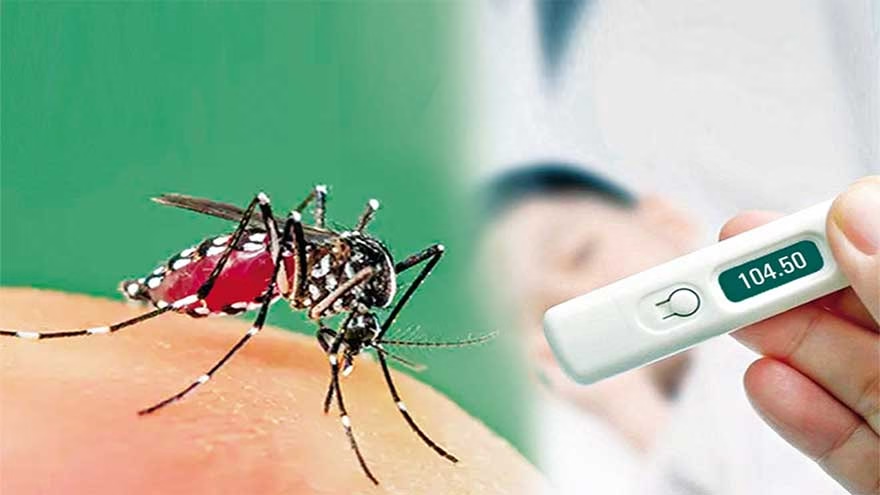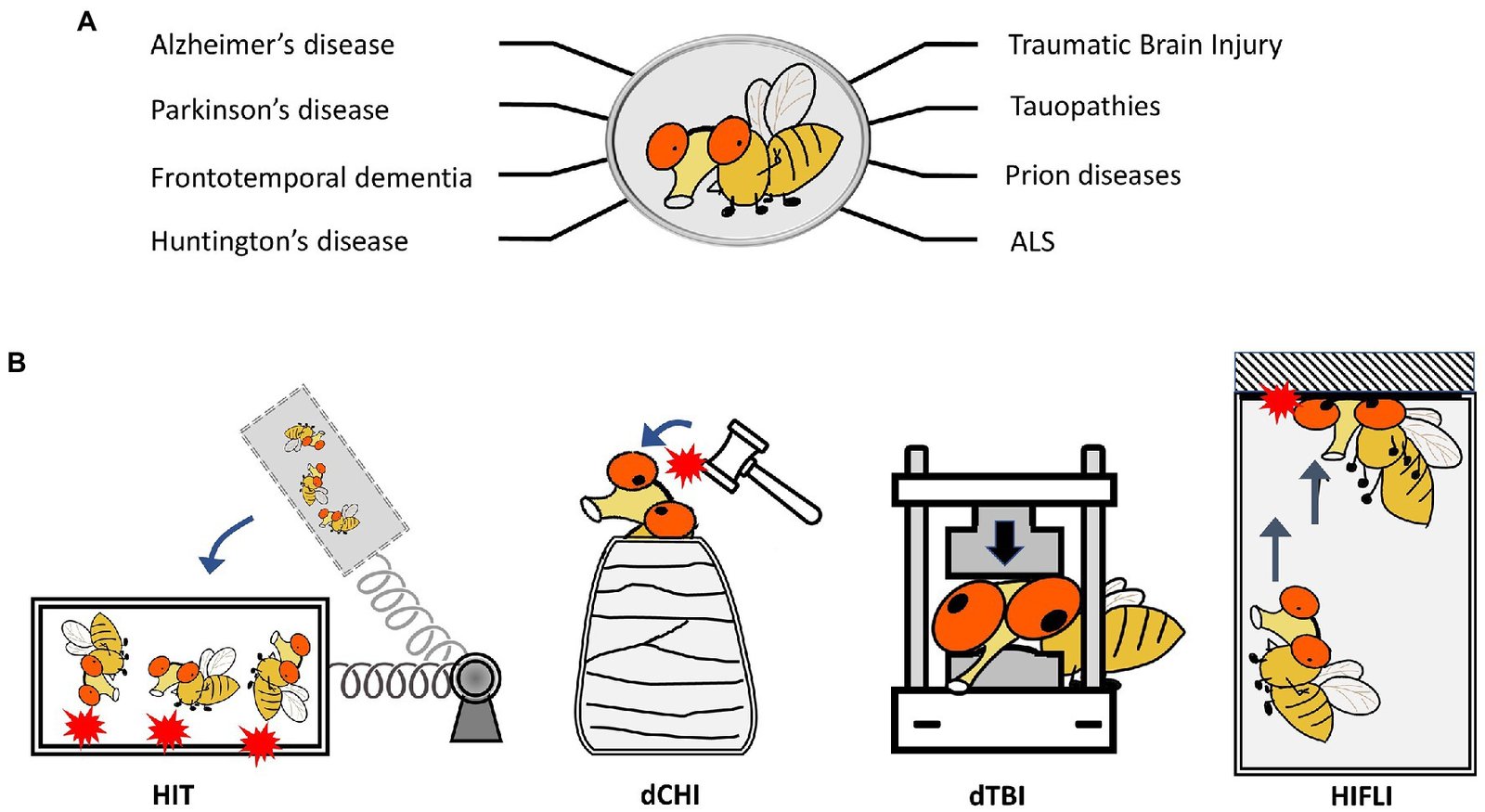Dengue in Pakistan has become a major public health challenge, especially after heavy rains triggered a spike in cases across multiple cities. On Tuesday, Federal Minister for Health Syed Mustafa Kamal chaired a high-level meeting to review the current dengue situation. Officials provided detailed briefings on the number of reported cases, affected areas, and the measures being taken to control the outbreak.
The Minister emphasized that the government is determined to combat dengue in Pakistan with coordinated and effective steps. He stressed the importance of prevention campaigns, timely medical facilities, and active public participation to reduce the impact of the mosquito-borne disease.
Rising Cases of Dengue in Pakistan
According to health authorities, dengue cases in Pakistan have increased significantly in recent weeks due to the heavy monsoon rains. Areas such as Islamabad, Rawalpindi, and Bhara Kahu have reported higher case numbers, raising concerns about the disease spreading further. The Ministry of Health highlighted that over 4,000 dengue cases have already been reported this season in different provinces, with Islamabad being one of the most affected regions.
Experts warn that stagnant water caused by poor drainage and sanitation systems creates ideal breeding grounds for mosquitoes, accelerating the transmission of the dengue virus. This makes the timely implementation of preventive measures crucial to safeguarding communities.
Government’s Action Plan Against Dengue in Pakistan
The Federal Minister directed hospitals to allocate dedicated wards for dengue patients, ensuring that all necessary medicines, beds, and diagnostic facilities are readily available. He also instructed district administrations to play an active role in improving sanitation and eliminating mosquito breeding sites in high-risk areas.
Key steps being implemented include:
- Intensified spraying and fumigation in dengue hotspots.
- Establishing special wards for dengue patients in public hospitals.
- Ensuring the availability of diagnostic kits and essential medicines.
- Launching awareness campaigns to educate the public about dengue prevention.
- Strengthening surveillance systems to monitor dengue trends.
Mustafa Kamal emphasized that controlling dengue in Pakistan requires not only government intervention but also active participation from civil society and media to spread awareness.
Public Awareness and Prevention Measures
Health experts repeatedly stress that public cooperation is essential in controlling dengue in Pakistan. Citizens are advised to adopt precautionary measures, such as:
- Covering water containers to prevent mosquito breeding.
- Using mosquito repellents and nets, especially at night.
- Wearing long-sleeved clothing to reduce exposure.
- Cleaning rooftop tanks, flower pots, and any stagnant water around homes.
- Cooperating with local authorities during fumigation drives.
The Ministry of Health has also launched public awareness campaigns in schools, markets, and mosques to educate people about these preventive measures.
Dengue in Pakistan: A Persistent Challenge
While dengue outbreaks are not new to Pakistan, the frequency and intensity have increased in recent years. According to official data, Pakistan reported over 60,000 dengue cases in 2022, with Punjab and Sindh being the hardest-hit provinces. Experts fear that if preventive measures are not strengthened, 2025 could see another surge in cases, especially in urban areas with dense populations and inadequate drainage systems.
Climate change has also worsened the challenge of dengue in Pakistan. Rising temperatures and irregular rainfall patterns provide mosquitoes with favorable conditions for breeding and survival. This makes it even more important for the government to develop long-term strategies to tackle dengue outbreaks.
Health Ministry’s Commitment
During the meeting, the Federal Minister reiterated the government’s commitment to protecting public health, declaring that all available resources would be utilized to control dengue in Pakistan. He added that tackling epidemics requires a coordinated approach between the government, health institutions, district administrations, and the general public.
Mustafa Kamal urged citizens to strictly follow the Ministry of Health’s guidelines for dengue prevention. He also called on the media and civil society organizations to actively participate in raising awareness, as public health cannot be safeguarded without widespread cooperation.
Dengue in Pakistan remains a pressing issue, but the government is taking serious measures to curb the outbreak. With rising cases due to monsoon rains, immediate steps such as dedicated hospital wards, fumigation drives, and public awareness campaigns are being implemented across high-risk areas. However, long-term success depends on both government action and public responsibility.
If citizens actively adopt preventive measures and cooperate with authorities, the spread of dengue in Pakistan can be controlled more effectively. The Health Ministry’s commitment, combined with public support, offers hope that the country can overcome this recurring health challenge and safeguard communities from future outbreaks.



